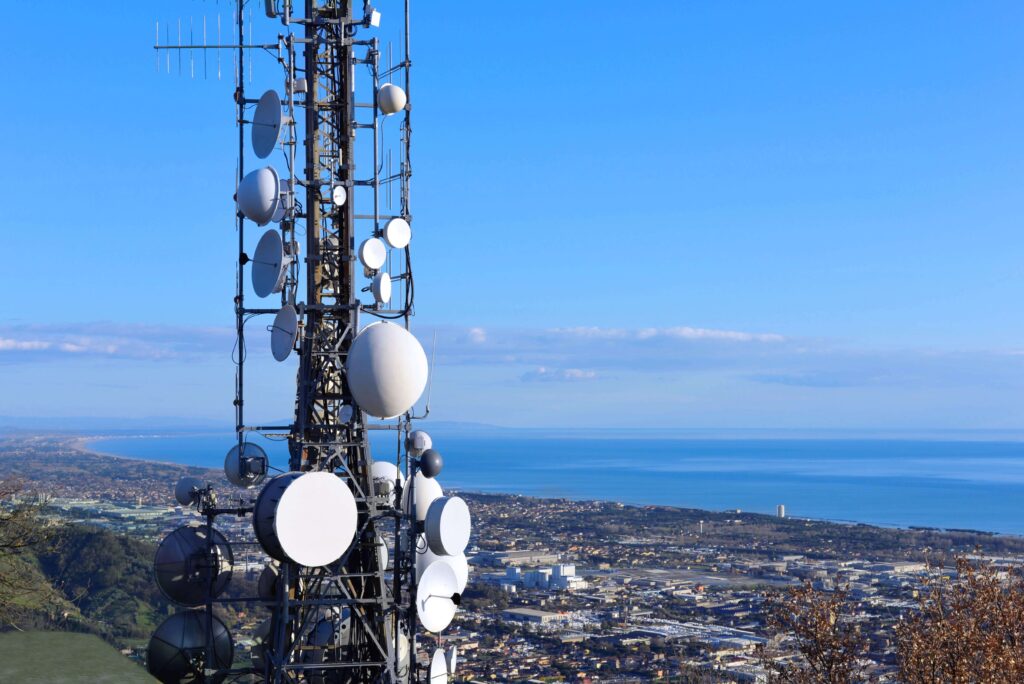Several types of batteries can be used as backup power sources for communication base stations. The choice of battery depends on factors such as the power requirements of the base station, the duration of backup power needed, and the environmental conditions.
- Lead-Acid Batteries: These are one of the most commonly used types of batteries for backup power. They are reliable, cost-effective, and have a long lifespan. However, they are relatively heavy and have a lower energy density compared to other types of batteries.
- Valve-Regulated Lead-Acid (VRLA) Batteries: VRLA batteries, also known as sealed lead-acid batteries, are maintenance-free and have a lower risk of leakage. They are suitable for applications where space is limited or where maintenance is difficult.
- Lithium-Ion Batteries: Lithium-ion batteries are known for their high energy density, lightweight, and long cycle life. They are suitable for applications where weight and space are critical factors. However, they are more expensive than lead-acid batteries.
- Nickel-Cadmium (NiCd) Batteries: NiCd batteries are known for their high energy density, long cycle life, and ability to operate in a wide range of temperatures. However, they have a lower energy density compared to lithium-ion batteries and are less environmentally friendly due to the presence of cadmium.
- Nickel-Metal Hydride (NiMH) Batteries: NiMH batteries have a higher energy density than NiCd batteries and are less toxic. They are suitable for applications where weight and space are critical factors.
- Flow Batteries: Flow batteries are a type of rechargeable battery where the energy is stored in two separate tanks of electrolytes. They are suitable for applications where long-duration energy storage is required.
- Hydrogen Fuel Cells: Hydrogen fuel cells convert hydrogen and oxygen into electricity and water. They are suitable for applications where long-duration energy storage is required and can provide continuous power for an extended period.
- Ultracapacitors: Ultracapacitors, also known as supercapacitors, store energy in an electric field. They are suitable for applications where rapid charging and discharging are required.
The choice of battery depends on factors such as the power requirements of the base station, the duration of backup power needed, and the environmental conditions. It is important to consider these factors when selecting a battery for a communication base station.


